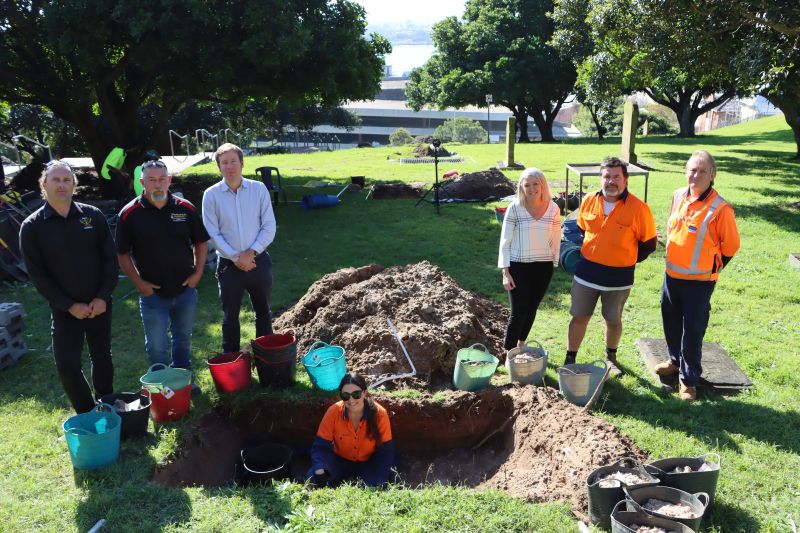In an Australian first, women in NSW undergoing IVF and accessing other assisted reproductive treatments (ART) will be given a cash rebate of up to $2,000 to reduce treatment costs as part of the NSW Government’s 2022-23 Budget.
About 12,000 women who are using private fertility clinics will benefit from the rebate, while another 6,180 women will be given access to publicly supported IVF treatment under the $80 million package.
Treasurer Matt Kean said about one in 20 births in Australia involve some form of assisted reproductive treatment.
“We know that the costs of these treatments can be prohibitively expensive,” Mr Kean said.
“No-one should have to face the impossible choice between looking after their household budget and starting a family. I’m so proud NSW continues to lead the nation, helping thousands of families fulfil their dream of having a baby.”
The fertility package will also:
- extend rebates for pre-IVF fertility testing
- boost the number of fertility preservation services for patients with cancer and other medical needs
- provide five days of paid fertility treatment leave for teachers, nurses and other public servants across NSW.
Minister for Health Brad Hazzard said IVF and fertility preservation can be a difficult process for women, both emotionally and financially.
“We want to make sure the costs don’t stop women from accessing fertility services which would give them the best chance of being able to conceive,” Mr Hazzard said.
“This investment builds on the NSW Government’s $42 million election commitment for affordable IVF, which was successfully achieved during the past two years despite the impact of the COVID-19 pandemic.”
The $42 million Affordable IVF initiative includes enhanced publicly supported IVF clinics at the Royal Prince Alfred Hospital, Westmead Hospital and Royal Hospital for Women and the establishment of the state’s first publicly-funded fertility preservation service for cancer patients.
The NSW Government will also invest funding towards the establishment of a hub and spoke model that expands publicly supported IVF services to regional NSW.
Minister for Women Bronnie Taylor said that one in every six couples experiences fertility issues.
“Fertility challenges can be stressful and heartbreaking. I hope that by lowering the cost of treatments, we can help more women on their journey to start a family,” Mrs Taylor said.
Eligible families will be able to receive up to $2,000 depending on the cost of their required treatment. Rebates are only available for eligible treatments offered by accredited clinics, ensuring the highest standards for all families.
The $2000 rebate will open 1 January 2023. Women who have undergone an eligible procedure from 1 October 2022 will be able to submit a claim when the rebate scheme opens.
The rebate scheme will initially be open to 12,000 eligible women, after which a full evaluation will be completed to ensure private fees have remained low and competitive before any extension is considered. The NSW Government will also advocate with the Commonwealth to lower the cost of IVF for all families across Australia.
The Fertility Society of Australia and New Zealand and the IVF Directors Group have committed to working in partnership with the NSW Government to implement the rebate and ensure that patients directly benefit from the cost savings.

